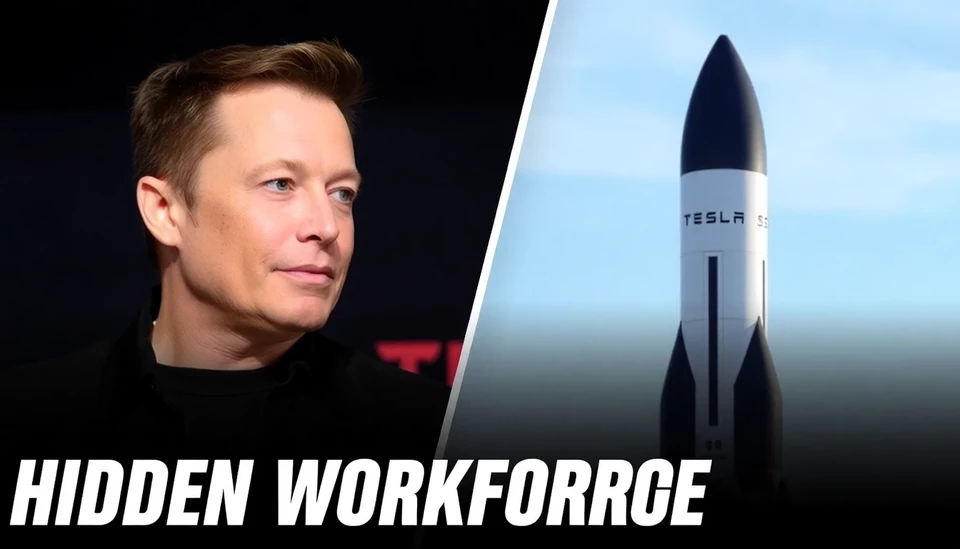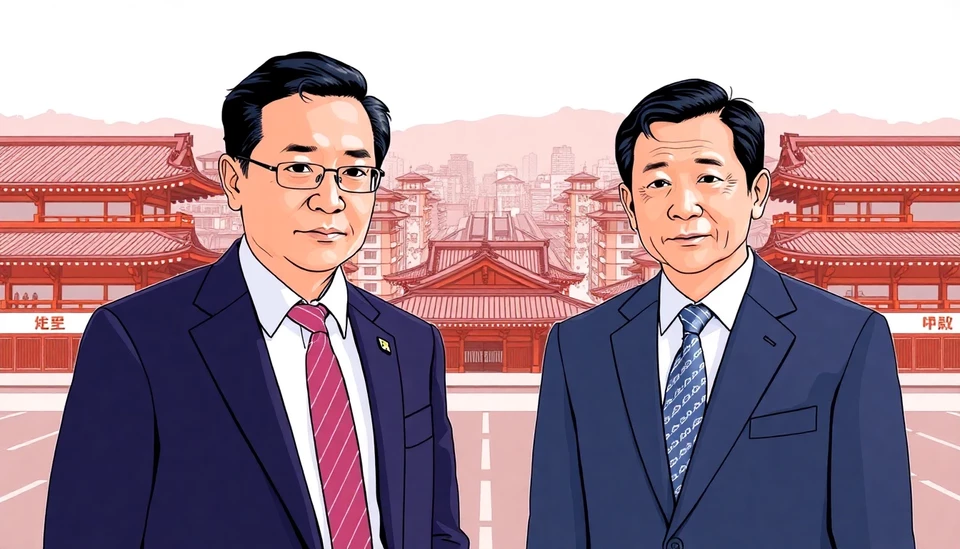
Recent investigations have revealed that two of Elon Musk’s prominent companies, Tesla and SpaceX, have been significantly relying on undocumented immigrant workers to support their operations. While Musk is known for his groundbreaking work in electric vehicles and space exploration, this revelation raises questions about labor practices within his organizations, highlighting a murky side of the technological and manufacturing giants.
Across Tesla's manufacturing facilities and SpaceX's various operations, it's reported that a considerable number of employees lack proper documentation. This has brought to light not only the businesses' dependence on these workers but also the broader implications of immigration and labor policies in the United States. The hidden workforce primarily comprises individuals from Mexico and Central America, who often take on labor-intensive jobs that many Americans are hesitant to accept.
The reliance on undocumented immigrants is often justified by employers by pointing to labor shortages in sectors like manufacturing and construction. Despite facing scrutiny, Musk’s companies have benefitted from a flexible labor pool. The immigrant workers are generally sought after for their ability to work long hours and at lower wages compared to their documented counterparts. Reports indicate that many of these workers are drawn to the allure of high-tech and automotive sectors, motivated by the opportunity to earn a living in the U.S. despite the challenges of their immigration status.
This situation brings to the forefront the ethical considerations surrounding labor practices. Critics argue that while these corporations thrive on innovation and cutting-edge technology, they simultaneously exploit vulnerable populations. The inconsistencies in labor regulations become evident as companies benefit from these practices without facing significant repercussions, prompting discussions about the legality of hiring such workers and the responsibilities of companies towards their workforce.
Furthermore, the issue of immigration reform in the U.S. has been a contentious topic, particularly under the changing political landscape. The exploitation of undocumented immigrants, particularly in high-demand sectors, showcases the critical need for comprehensive immigration policy changes that can provide pathways to legal work for these individuals and better protect them against exploitation.
As conversations evolve around corporate responsibility and ethical labor practices, it remains to be seen how Musk’s companies will respond to these allegations. The scrutiny placed on their labor practices may push them towards reevaluating their hiring processes and exploring more sustainable and ethical labor solutions. Furthermore, as society increasingly calls for accountability in corporate America, it puts Tesla and SpaceX in a challenging position to balance operational efficiency with ethical considerations.
This revealing report not only highlights a pressing issue within two of the world’s most revolutionary companies but also invites further dialogue on how the intersection of technology, ethics, and labor rights will shape the future of work in the United States.
In summary, the reliance on undocumented immigrant workers at Tesla and SpaceX underscores a complex web of economic necessity, ethical dilemmas, and urgent calls for reform within American labor practices.
<>#> #ElonMusk #Tesla #SpaceX #UndocumentedWorkers #ImmigrantLabor #LaborRights #CorporateEthics #ImmigrationReform #<
Author: Samuel Brooks




